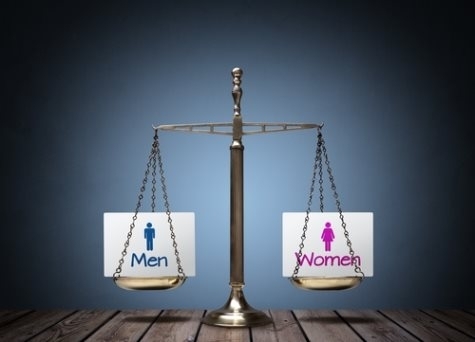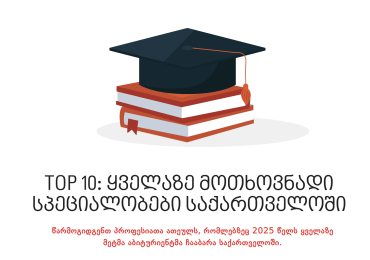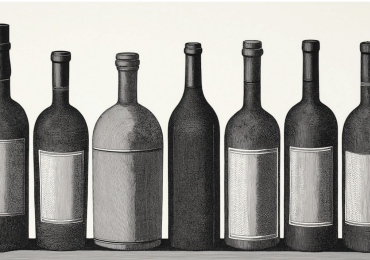In rating countries, four main criteria were assessed: economy and opportunities, educational attainment, health care, and political empowerment.
The World Economic Forum published its annual gender inequality research and according to their findings Georgia is in 99th place out of 149 countries, 5 steps behind its own rating from the previous year.
In rating countries, four main criteria were assessed: economy and opportunities, educational attainment, health care, and political empowerment.
Georgia’s performed best in the educational achievement category, where it was ranked 66th place in the world. According to this category, the difference between men and women in terms of education in Georgia is very low. In addition, Georgia is in first place in the world for the sub-category of admission to higher education. One possible explanation behind this is that vocational education is not very well developed in Georgia, which results in the majority of school graduates (both girls and boys) going to universities.
With regard to economic participation, the biggest difference in gender parity is in regard to average income: men are better paid than women. Georgia is in 110th place in this category.
According to the research, in Georgia the majority of management positions are held by men (68%) and rarely by women (32%).
The research shows that gender inequality is high in terms of women’s participation in politics. For example, based on the number of women in the parliament, Georgia is in 105th place and, in regard to the number of women in ministry cabinets is ranked at the 109th place . The research reports that on average the largest gender disparity is in the category of political empowerment. Namely, across the 149 countries assessed there are just 17 that currently have women as heads of state while on the global average women make up just 18% of ministers and 24% of parliamentarians.
Iceland is the most gender equal country in the world followed by Norway, Sweden, and Finland.
The research also assesses the differences in the professions of men and women. This year, for the first time the World Economic Forum used LinkedIn to assess the participation of men and women in developing artificial intelligence. As it was revealed, only 22% of AI professionals are women and 78% are men.
















